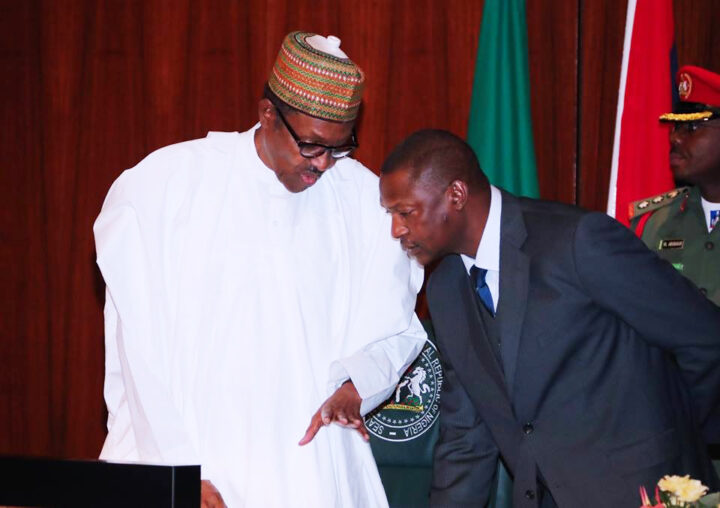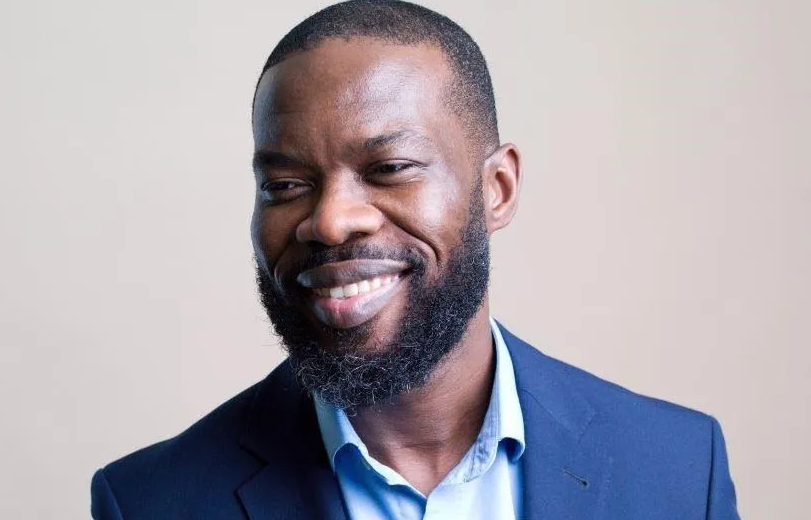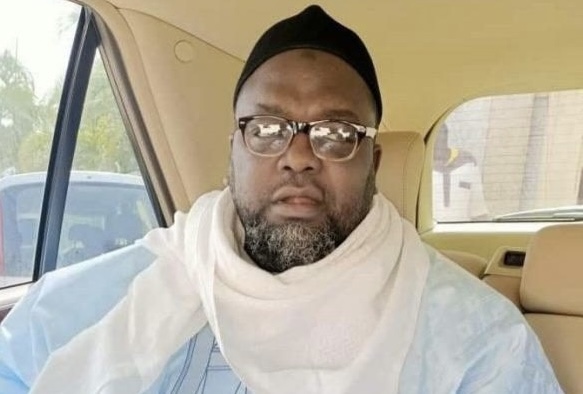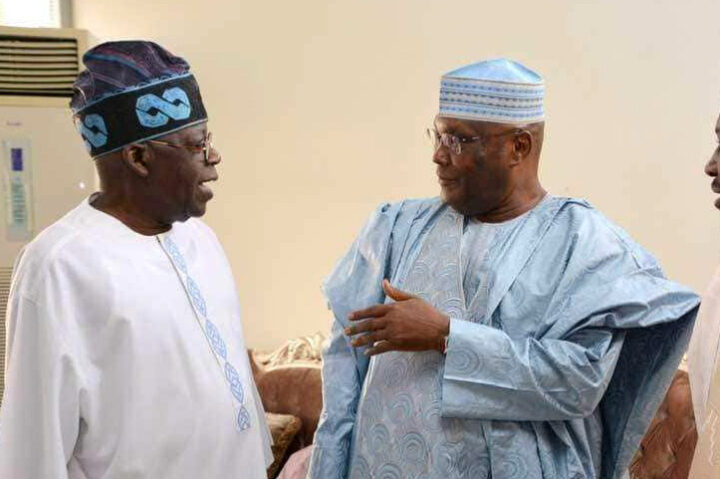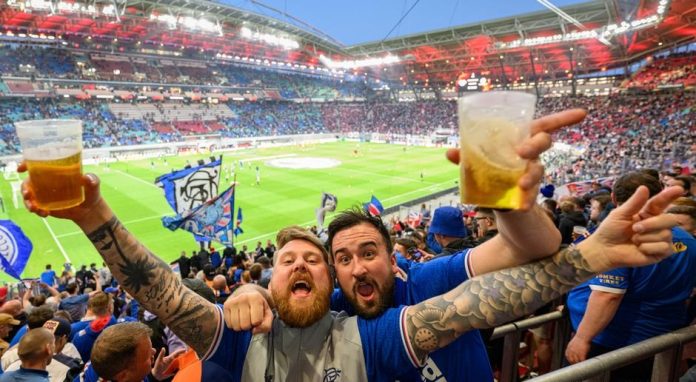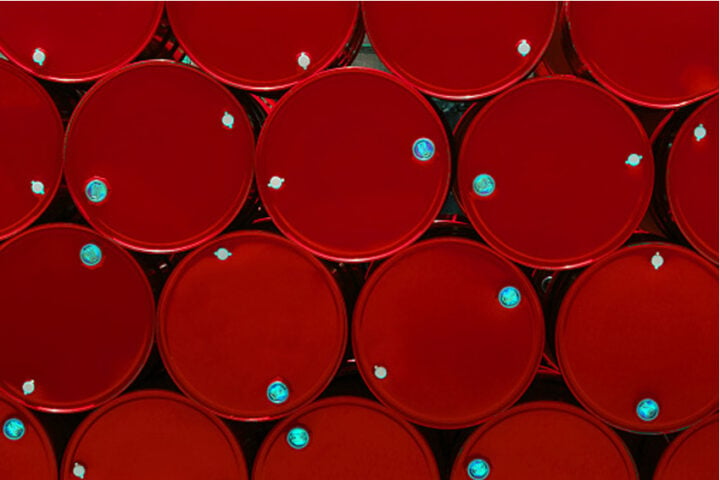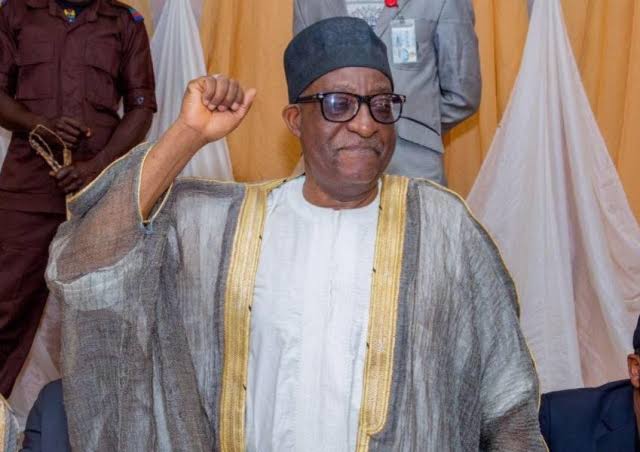Over the weekend, Abubakar Malami, attorney-general of the federation, announced that the federal government had finally resolved the long-standing contractual dispute with Global Steel Holdings Ltd (GSHL) over the Ajaokuta Steel Company Limited (ASCL) and the National Iron Ore Mining Company (NIOMCO) in Itakpe.
He said instead of paying the original claim of $5.258 billion by GSHL over the termination of the concessions by the Olusegun Obasanjo administration, Nigeria was able to secure a 91 percent reduction and will now pay $496 million only.
With this development, the minister of justice said, President Muhammadu Buhari has now “rescued” the steel industry from interminable and complex disputes as well as saving the taxpayer from humongous damages.
This comes nine years after Smart Adeyemi, a lawmaker from Kogi state, disclosed the Goodluck Jonathan administration — which was in power at the time — had recovered the Ajaokuta steel mill “without any attendant financial obligation whatsoever”.
Advertisement
It also comes five years after Kayode Fayemi, then minister of mines and steel development, announced that Nigeria had resolved all the issues around Ajaokuta and recovered ownership?
Why did the Buhari administration agree to fork out $496m as settlement?
HOW IT ALL STARTED
Advertisement
Global Steel had entered the Nigerian steel industry in 2004 following five major concessions and share purchase agreements by the Olusegun Obasanjo administration.
However, things went sour when the new administration of the late President Umaru Musa Yar’Adua came to power.
The government, in June 2008, revoked Global Steel’s 10-year concession of Ajaokuta steel on the grounds that the company was involved in asset stripping. It also terminated its concession for NIOMCO.
This prompted Global Steel to opt for arbitration against Nigeria.
Advertisement
$525 MILLION COMPENSATION RECOMMENDED… AND REJECTED
In 2010, a committee headed by Abdullahi Yola, then solicitor-general of the federation, recommended that the Jonathan administration should pay a compensation of $525 million to Global Steel for the revocation of the concessions.
However, Jonathan took another route and opted for mediation with the Indian-owned company.
According to officials in the office of the attorney-general, Global Steel agreed to mediation after its “underbelly” was exposed by the government.
Advertisement
First, it was alleged that the company had violated the terms of the concessions by not bringing in any foreign investment but rather leveraging on the assets of the companies to raise loans from Nigerian banks.
Second, it was alleged that Global Steel had engaged in asset stripping — that is, selling the assets without regard for the company’s fortune.
Advertisement
Third — and this was a more grave allegation — the company was accused of tax evasion and its promoters were to be prosecuted in a Nigerian court.
Faced with possible criminal charges, the promoters gave up their claims to Ajaokuta without any payment by the Nigerian government. In return, Itakpe was to be restored to them because the process of termination was faulty, unlike in the Ajaokuta case.
Advertisement
With compensation claims waived and agreements reached, Jonathan left office in May 2015.
‘DONE AND DUSTED’
Advertisement
In 2016, the Buhari administration approved the execution of the modified concession agreement with Global Steel which allowed the firm to retain Itakpe.
In September 2017, Fayemi announced that all agreements had been signed and Nigeria had now retrieved full ownership of the mills from Global Steel.
Fayemi, who is now the governor of Ekiti state, said Vice-President Yemi Osinbajo executed the agreement on behalf of Nigeria.
“With this development, both NIOMCO and Ajaokuta Steel Company Limited have now reverted to the Federal Government Nigeria, and we can now proceed to engage a new core investor with the financial and technical capacity to run the steel complex,” he said.
“The operation of ASCL will provide the needed inputs to support the infrastructure requirements of the country and lead to import substitution, and save the country about $3.3 billion annually spent on the importation of steel products.”
AND THEN, A $496 MILLION COMPENSATION FROM NOWHERE
In what was essentially kept out of public knowledge by both the federal government and the Global Steel, in May 2020, the Indian company threatened to return to arbitration at the ICC sitting in Paris, France, in respect of all the contracts cancelled by the Yar’Adua administration.
Global Steel’s lawyers threatened to claim up to $14 billion in damages but later reduced it to $5.258 billion.
On September 3, 2022, Nigeria announced that it had reached a settlement of $496 million with Global Steel, thereby rescuing the Nigerian steel, iron ore and rail industries “from a variety of interminable and complex disputes”.
Meanwhile, the legacy allegations of asset stripping, tax evasion and violation of the terms of agreement remain unresolved in Nigeria.
And didn’t Fayemi say in September 2017 that all the issues had been resolved and Nigeria had executed the agreements and taken back ownership of the plants?
Add a comment
